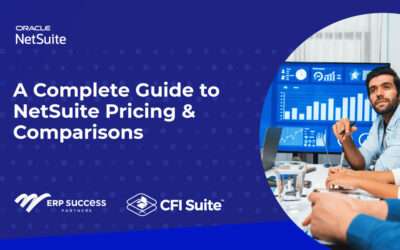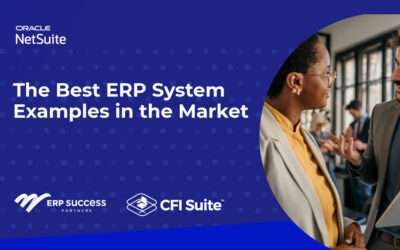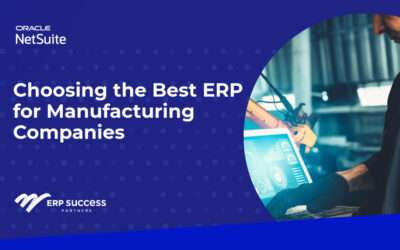No strangers to unpredictability and industry fluctuations, successful management consulting firms maintain flexible, adaptable business approaches that help them overcome challenges and leverage new opportunities as they come along.
“Anyone in the management consulting industry knows that today’s firms face a host of business challenges, some age-old and some brand new,” Hinge’s Kelly Moore points out in Top 5 Business Challenges for Management Consulting Firms. Those forces of change include (but aren’t limited to) the emergence of disruptive technology, the rise of new business models, the pressures exerted by intense global competition and the ongoing impacts of the COVID-19 pandemic.
Managing Marketplace Unpredictability
According to Hinge’s 2021 High Growth Study, nearly half of the participating consultancies pointed to “unpredictability in the marketplace” as a top challenge right now (up from 30% in 2019). Companies are also dealing with shifts in buyer behavior, increased competition, the need to continually update their skills and the use of automation and artificial intelligence (AI).
NetSuite helps consulting firms address these challenges by providing a full suite of financials, customer relationship management (CRM), sales/marketing automation and real-time analytics tools that companies need to tackle their top pain points and plan for future success. The enterprise resource planning (ERP) platform also helps companies minimize administrative tasks while gaining valuable insights to improve realization rates, project profitability and client satisfaction.
5 Reasons to Implement ERP
According to NetSuite, consulting firms constantly face the challenge of optimally aligning staff while delivering projects on time profitably. Meanwhile, non-billable administrative tasks like resource management, invoicing and business planning eat up time and attention. While important, these tasks mean lost revenue or foregone personal time.
Here are five more reasons why consulting firms need cloud ERP:
1. Optimize staffing
Allocate the right skills to the right project while minimizing bench time. This means no more guesswork about who can cover what projects; it’s right at your fingertips on a single operational dashboard.
2. Manage profitability
With cloud ERP, companies can benchmark projects with dashboards, and identify profitable teams and budgeted versus billed time. When this information is easy to access and review, consultancies can better manage their overall profitability in real-time (versus waiting until the end of the month or quarter to generate those reports).
3. Improve collaboration
Share important documents and intellectual property easily, regardless of location. Project and client documents, statements of work (SOWs), project notes and other pertinent information is unified on a single platform that’s easy for users to access and leverage.
4. Automate time and expenses
Use mobile expense management and automatic approvals—both of which are integrated directly with financials—to create a streamlined time and expense automation process.
5. Price services correctly
With cloud ERP, you have access to all of the financial details related to past, completed projects. By combining this information with both internal and external benchmarks, you can come up with accurate, current pricing for projects.
Anywhere, Anytime
Cloud ERP also helps management consultancies lower their overhead, grow in a fiscally-conscious manner and maintain good oversight over all of their operational data. Once in place, NetSuite also helps companies increase project turnover, deliver more on-time projects and increase client satisfaction, and keep those clients coming back for more. Finally, cloud ERP gives consulting firms access to an “anywhere, anytime” operating approach that helps them differentiate themselves in the competitive marketplace.






